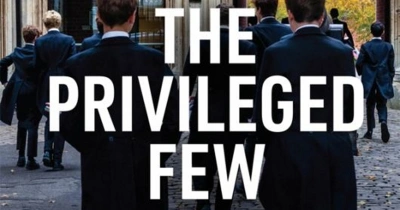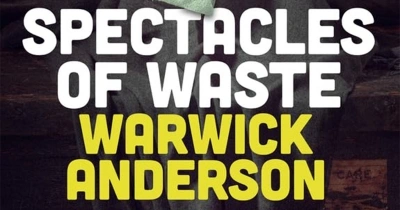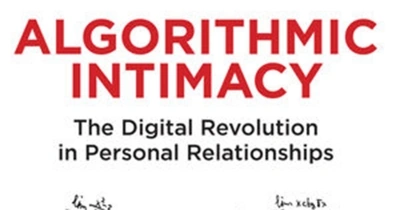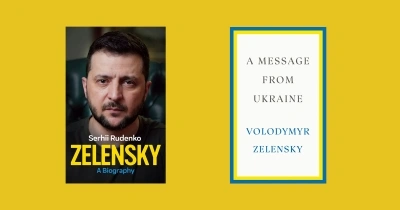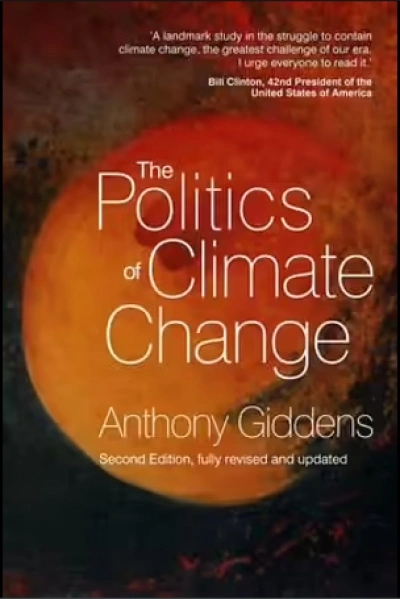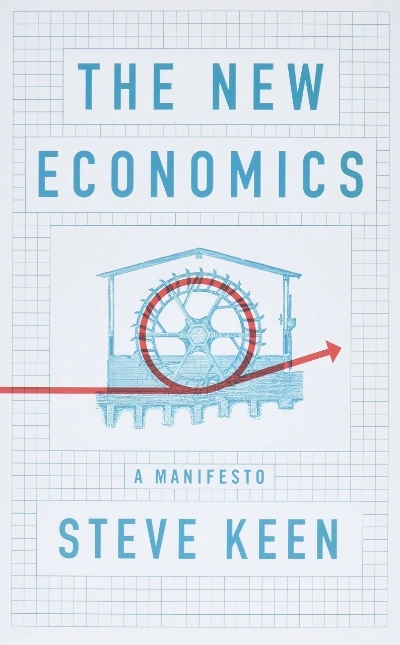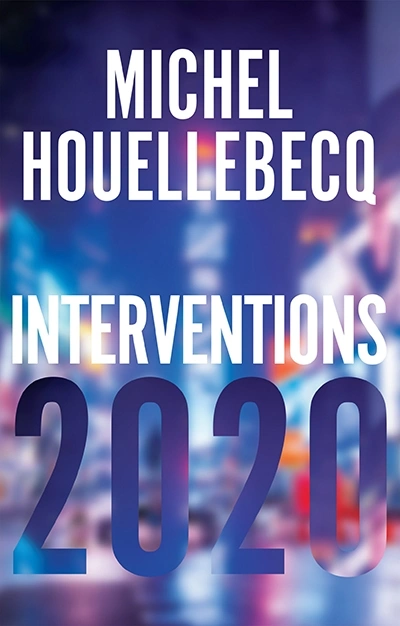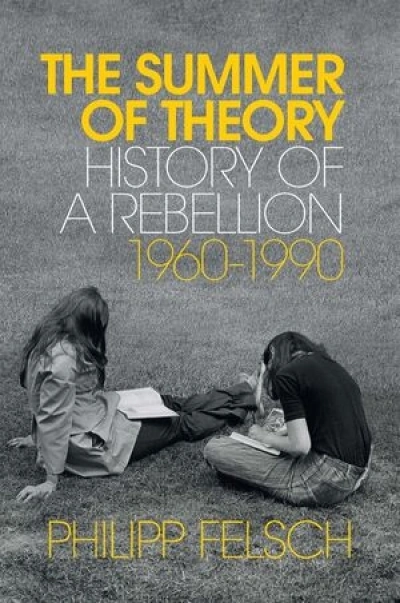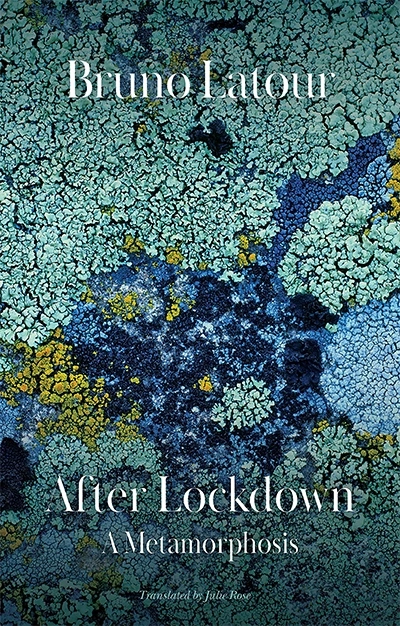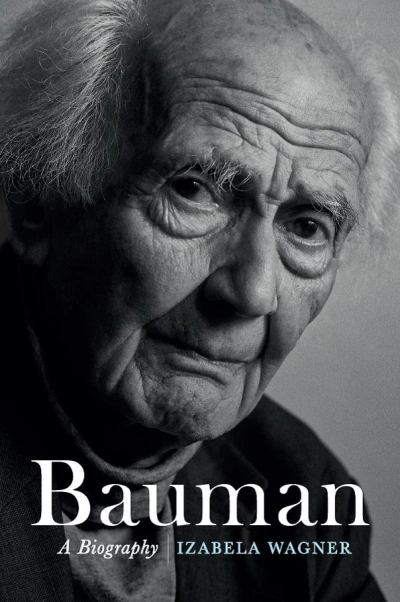Polity
Algorithmic Intimacy: The digital revolution in personal relationships by Anthony Elliott
by Judith Bishop •
Zelensky by Serhii Rudenko & A Message from Ukraine by Volodymyr Zelensky
by Nick Hordern •
Interventions 2020 by Michel Houellebecq, translated by Andrew Brown
by David Jack •
The Summer of Theory: History of a rebellion, 1960–1990 by Philipp Felsch, translated by Tony Crawford
by Sheila Fitzpatrick •
After Lockdown: A metamorphosis by Bruno Latour, translated by Julie Rose
by Paul Muldoon •


